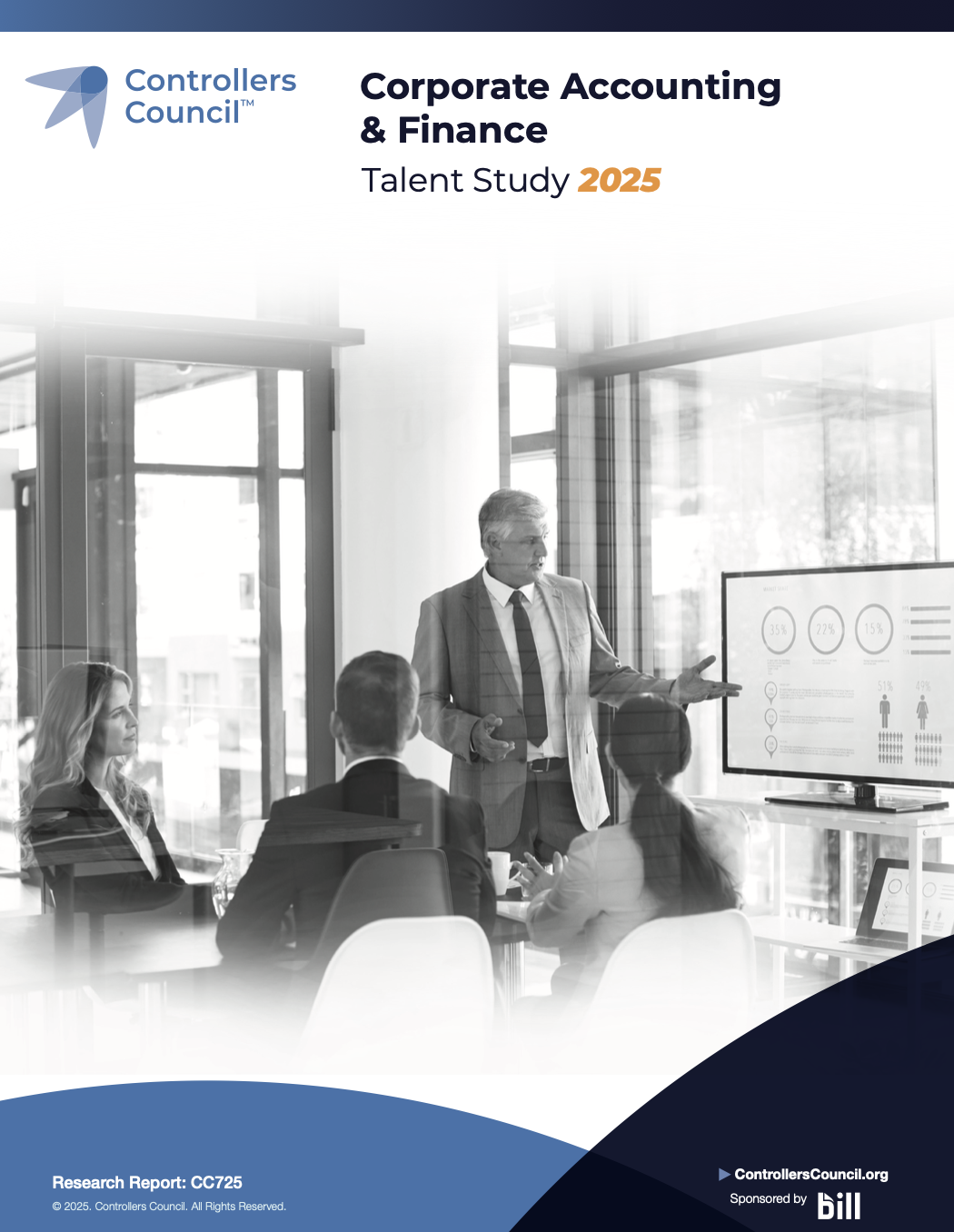As the new year approaches, employers are beginning to put benefit plans in place as one of the things employers have to work out is the benefits to offer their employees. This is a tough task because employee benefits, in 2022, need to reflect the present economic and social climate. In this article, we explore the employee benefits decisions that companies are making and the policies and circumstances that may affect them.
Benefits are increasingly important
Benefits are a big deal in the world of work. Employee benefits can be cash or non-cash. Non-cash benefits may include life insurance, health insurance, paid vacation, maternity or paternity leave, disability insurance and pension plans. However, it always costs the employer some money to provide these benefits
Employee benefits can be an important tool for building a solid workforce. People sometimes value benefits as equally important to salaries. For some job seekers, benefits are major decision influencers. So, it goes without saying that employers that want to hire the choicest talents in the labour market must be prepared to offer competitive benefits.
The Covid-19 pandemic has heightened the importance of substantial employee benefits. office-based perks like free snacks or exercise sessions did not matter during the lockdown while staff worked from home. Now that a lot of people are working remotely, benefits like healthcare, paid time off, parental leave, and counseling are what is important. According to a 2020 survey by HR consultancy, Willis Towers Watson, 37% of employees would rather receive more substantial benefits than additional salaries or bonuses.
Higher Tax-deductible Health Benefits
Under the U.S. Internal Revenue Code, employers can provide health benefits to employees as a tax-deductible cost of business. The system has been the same for years, but the economics have changed year after year.
The pandemic has made health care benefits one of the most valuable employment benefits any job seeker would be looking for. About 50% of the big companies have seen their employees opt for High Deductible Health Plans (HDHP).
As more employers embrace the cost-saving strategy, health reimbursement arrangements are expected to rise sharply. For this reason, health costs may increase by 6.5% in 2022.
The policy adjustments made for group health plans may continue into 2022 as the public health emergency guidelines are still valid. So a lot of employers may be sticking to their pandemic employee health benefits plans.
Progressive Democrats are calling for more ambitious Affordable Care Act (ACA) measures like lowering the eligibility age for Medicare and expanding Medicare benefits to include dental, vision, and hearing coverage. Employee health benefits will be further impacted should these proposals become law. In the meantime, however, the labor force is on its toes, waiting for a favorable conclusion.
Expanded and Remote Health Services
Several surveys revealed that the pandemic increased the stress, depression and anxiety levels of many people. Many workers need mental health services to deal with the pandemic-induced strain even now.
The fear of contagion and restriction of movement during the pandemic has further highlighted the strong points of using digital communication tools for long-distance health care.
As the connection between employee well-being and productivity is well established, employers are looking at providing healthcare and mental health services remotely. This can be a financially prudent option for companies that have remote workers and are looking to hire talents anywhere on the globe.
In a recent global survey carried out by Mercer, about 32% of employers indicated they were working on expanding and strengthening their virtual care or telehealth programs. Another 25% expressed that they would increase the mental health support services offered to employees.
With these kinds of benefits becoming valuable, we should expect Employee Assistance Programs (EAPs) to increase in 2022.
Paid Leaves
The pandemic caused a lot of businesses that provide traditional child care to shut down. The situation has not improved much post-pandemic. With the Delta variant scare and face mask compliance conflicts, parents are not swamped with child care service options.
Workers with families are delicately balancing work and family responsibilities and need more support from their employers to take care of both without neglecting one.
A part of the ACA expansion proposed by President Biden is a national paid leave program run by the federal government. This is a precedent for employers to restructure their policies on issues like sick leave, maternity and paternity leave. They are also expected to evaluate the effects of bundling vacation and sick time together. As they do not want to endanger their workforces by encouraging employees to show up to work while sick.
Flexible and Remote Work Arrangements
Flexible work arrangements are going to be essential benefits that employees will consider before taking jobs in today’s workplace. Many reasons including health concerns drive this development.
While the Coronavirus is being controlled better than last year in many parts of the world, outbreaks are still occurring in undervaccinated areas. The emergence of the Delta variant is also a source of concern for many. In the US, employers will have to come up with operating plans for 2022 that take local pandemic conditions into account. They need to prioritize employee health and consider additional family responsibilities that cannot be outsourced due to the pandemic or pay cut.
86% of employers who responded to this QTI HR survey said they will continue to offer remote work arrangements after the pandemic. Although return-to-work plans are different for every company, some companies are giving their employees an option to work on-site as working from home may not be ideal for everyone. 75% of respondents have some employees working on-site or have given employees the option to work on-site.
Diversity, Equity, and Inclusion (DEI) programs
According to data from the Centers for Disease Control and Prevention (CDC), Black and Latinx people are three times more likely to get infected with the coronavirus. They are two times more likely to die from the virus compared to their White counterparts.
Gender and race equality, especially in salaries and promotion opportunities, is also a hot topic. There is a need to prioritize the elimination of race and gender inequalities in the workplace. Employers who treat DEI as a priority usually record high levels of employee engagement and satisfaction. So it is expected that more employers will adopt or expand DEI programs.
Learn more in Diversity, Equity & Inclusion (DEI) in Accounting and Corporate Finance.
Financial Wellness Programs
The economic instability that resulted from the pandemic made a lot of people realize the importance of financial security. Today, many people are prioritizing financial education.
One benefit that employers will continue to provide through 2022 is financial wellness education. It will help to significantly lessen the financial stress and increase the productivity of employees.
According to a survey analysis by EBRI, the top focus areas for financial wellness initiatives by employers will be health care costs management and retirement preparedness. Other emerging areas of focus are planning, personalized credit counseling, and debt coaching.
Employee feedback benefit policies
Momentive, a software firm with over 1,300 employees may be charting a new path for employee benefits decisions. The company has been carrying out annual surveys of its employees to ascertain how employee benefits are used. The feedback received is then considered and benefits offerings are adjusted accordingly.
This communicative method of policymaking can help companies provide benefits that are actually needed by employees.
Employees are expecting more in terms of the quality of work benefits. In addition to flexible schedules and leave provisions they are seeking training and development opportunities so that they can advance their careers.
Discuss More about Employee Benefits in Our Community
Looking to learn more about employee benefits? Controllers Council is a national community and platform of Controllers, Accounting and Finance professionals focused on accounting best practices, information and resources, recognition and networking. Membership has many features and benefits to propel your career and expertise, and to be an active participant in our exciting community. Discuss topics like employee benefits and more in our forum. Become a member today.
Additional Employee Benefit Resources
Keeping Your Team Motivated and Avoiding Burnout
Make Accounting Cool Already: The Biggest Danger to the Profession




